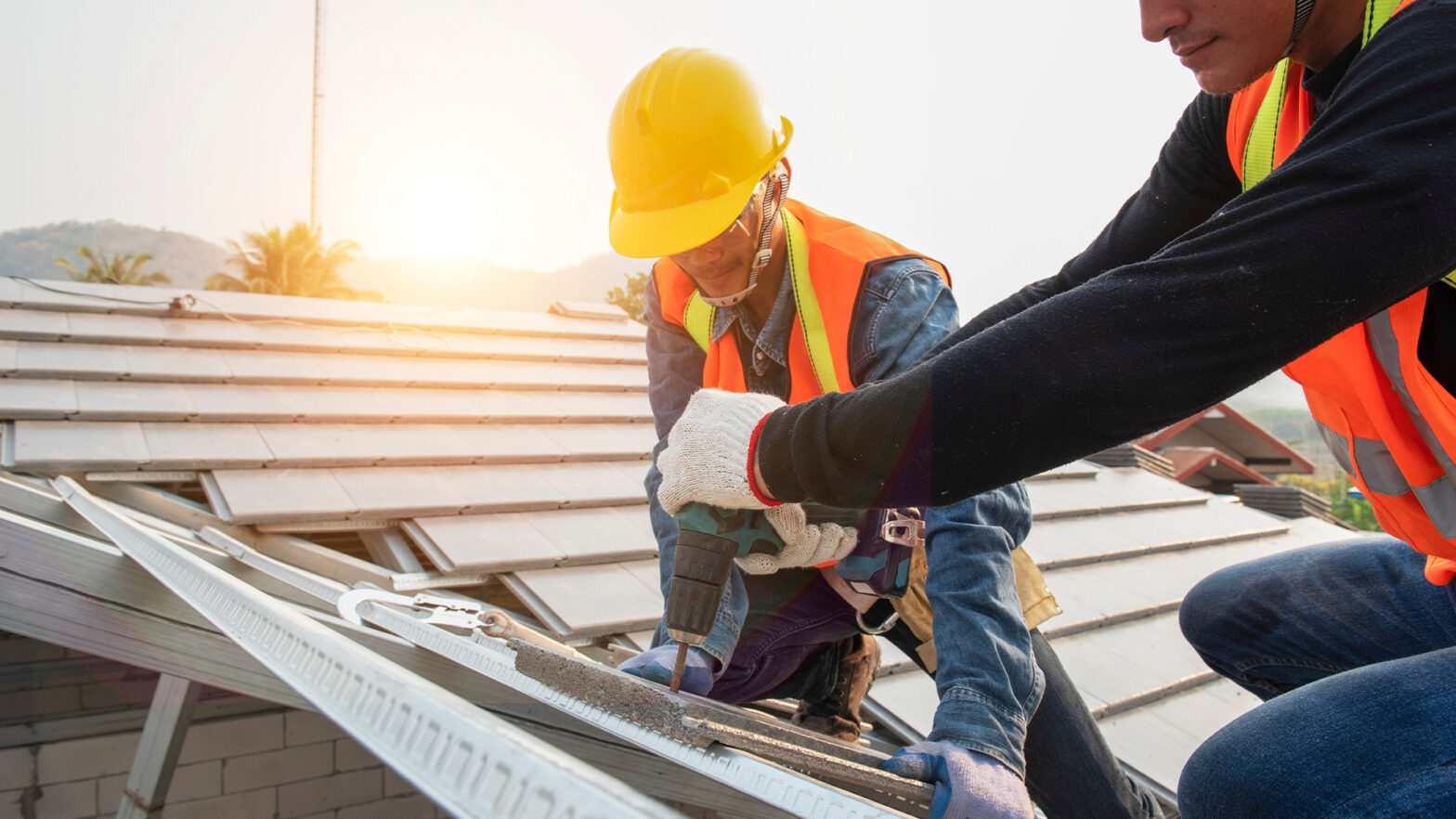
Finding and hiring the right tradesperson for your home improvement project can be a daunting task. With countless options available, it’s essential to approach the process with careful consideration.
To help ensure you make the right choices when selecting a tradesperson, the trades experts at MyJobQuote.co.uk have created this ultimate guide for homeowners. By following these tips, you can increase your chances of finding a skilled and reliable professional.
The Importance of Thorough Preparation
Before starting your tradesperson search, it is crucial that you have a clear understanding of your project’s scope and budget. This will help you narrow down your options and ensure that the tradesperson you hire is the right fit.
- Define your project: Clearly outline the work you need to be done. This will help potential tradespeople provide accurate quotes and demonstrate their understanding of your requirements.
- Set a realistic budget: Determine how much you’re willing to spend on the project. This will help you avoid unexpected costs and focus on tradespeople within your price range.
- Gather inspiration: Collect images and ideas of the desired outcome. This visual representation will aid in communication with potential tradespeople.
Finding the Right Tradesperson
Once you have a clear project outline, it’s time to start your search.
- Utilise online platforms: Websites and apps such as MyJobQuote that are dedicated to connecting homeowners with tradespeople can be a valuable resource.
- Leverage local networks: Ask friends, family, or neighbours for recommendations. Personal referrals can be highly trustworthy.
- Check professional directories: Explore directories of accredited tradespeople to find qualified professionals.
- Verify qualifications: Ensure the tradesperson holds the necessary certifications and licenses for the work you require.
- Read reviews and testimonials: Online reviews and testimonials can provide valuable insights into a tradesperson’s reputation and customer satisfaction.
Assessing Potential Candidates
Once you’ve shortlisted a few candidates, it’s essential to ask the right questions:
- Experience: Inquire about the tradesperson’s experience with similar projects.
- Portfolio: Request examples of previous work to assess their skills and craftsmanship.
- Quotes: Obtain detailed quotes from multiple tradespeople for comparison.
- Insurance: Verify that the tradesperson has adequate insurance.
- Guarantees: Ask about warranties or guarantees offered for the work.
- Communication: Evaluate how well the tradesperson listens to your needs and communicates their approach.
- References: Request references from previous clients to verify their reputation.
Building a Strong Working Relationship
A successful project depends on effective communication and trust between you and the tradesperson.
- Clear communication: Maintain open and honest communication with the tradesperson throughout the project.
- Contractual agreement: A written contract outlines the project details, costs, and payment terms, protecting both parties.
- Payment schedule: Agree together on a payment schedule that outlines when and how much you will pay.
- Project management: Discuss how the project will be managed, including timelines and potential disruptions.
The Dangers of Choosing Cowboy Tradespeople
Hiring a cowboy tradesperson can lead to a host of problems, from financial loss to safety hazards. These individuals often prioritise profit over quality, leaving homeowners to deal with the consequences.
Financial Loss
- Substandard work: Cowboy tradespeople often cut corners to maximise profits, resulting in work that doesn’t meet the required standards. This can lead to some unwanted costly repairs or replacements.
- Hidden costs: Unexpected charges may arise due to poor workmanship or incomplete jobs.
- Deposit scams: Some cowboy tradespeople may request large upfront payments without delivering the promised work.
Safety Risks
- Non-compliance: Many cowboy tradespeople disregard safety regulations, posing a significant risk to homeowners and their families.
- Structural damage: Poor workmanship can compromise the structural integrity of a building.
- Electrical and gas hazards: Faulty electrical or gas installations can lead to fires, explosions, or carbon monoxide poisoning.
Legal Issues
- Contractual disputes: Cowboy tradespeople may not honour contracts or provide guarantees for their work.
- Difficulty in recovering costs: Pursuing legal action against a cowboy tradesperson can be time-consuming and expensive.
Reputation Damage
- Property value: Poor workmanship can negatively impact a property’s value.
- Stress and inconvenience: Dealing with the aftermath of a botched job can be stressful and disruptive.
Going the Extra Mile: Hiring a Tradesperson That You Can Trust
Finding the right tradesperson goes beyond qualifications and quotes. Look for these additional qualities to ensure a positive experience:
- Professionalism: A professional tradesperson arrives on time, dresses appropriately, and maintains a clean worksite.
- Problem-solving skills: Unexpected issues can arise during a project. A well-skilled tradesperson will be able to properly identify and address problems effectively.
- Reliability: A reliable tradesperson shows up when they say they will and completes the job on time and within budget.
- Cleanliness: A good tradesperson minimises mess and leaves the work area clean and tidy upon completion.
Understanding Trade-Specific Qualifications
The qualifications required for tradespeople vary depending on the profession. Here’s a closer look at some common trades and their qualifications:
Electricians:
- Should be registered with a competent person scheme like NICEIC or ECA.
- May need additional qualifications depending on the specific electrical work required.
Plumbers:
- Must be qualified to work with water systems, including cold water systems, central heating systems, hot water systems, waste disposal, and sanitary ware.
- They should also hold a water industry-recognised Water Fittings Regulations qualification to ensure compliance with water regulations.
- May need additional certifications for gas work or heating systems.
Builders:
- Often hold qualifications in carpentry, bricklaying, or other construction trades.
- May be members of professional bodies like the Federation of Master Builders.
Gas engineers:
- Must be registered with the Gas Safe Register to work safely with gas appliances.
Additional Tips For Hiring Specific Tradespeople
- Research common scams: Be aware of common scams in the trade you’re hiring for. For example, beware of “rogue traders” offering cheap roofing or driveway repairs.
- Check for insurance: Ensure the tradesperson has adequate insurance coverage to protect you from potential liabilities.
- Ask for references: You should request some references from previous clients who have had similar work done.
- Get everything in writing: A clear contract outlining the work, costs, and payment terms is essential.
Final Thoughts
Hiring the right tradesperson can significantly impact the success of your home improvement project. By carefully considering factors such as qualifications, experience, and reputation, you can increase your chances of finding a reliable and skilled professional.
Remember, investing time in finding the right tradesperson is worthwhile. A qualified and trustworthy professional can save you money, stress, and potential safety hazards in the long run. By following the guidelines outlined in this guide, you can make informed decisions and ensure your home improvement project is a success.






























